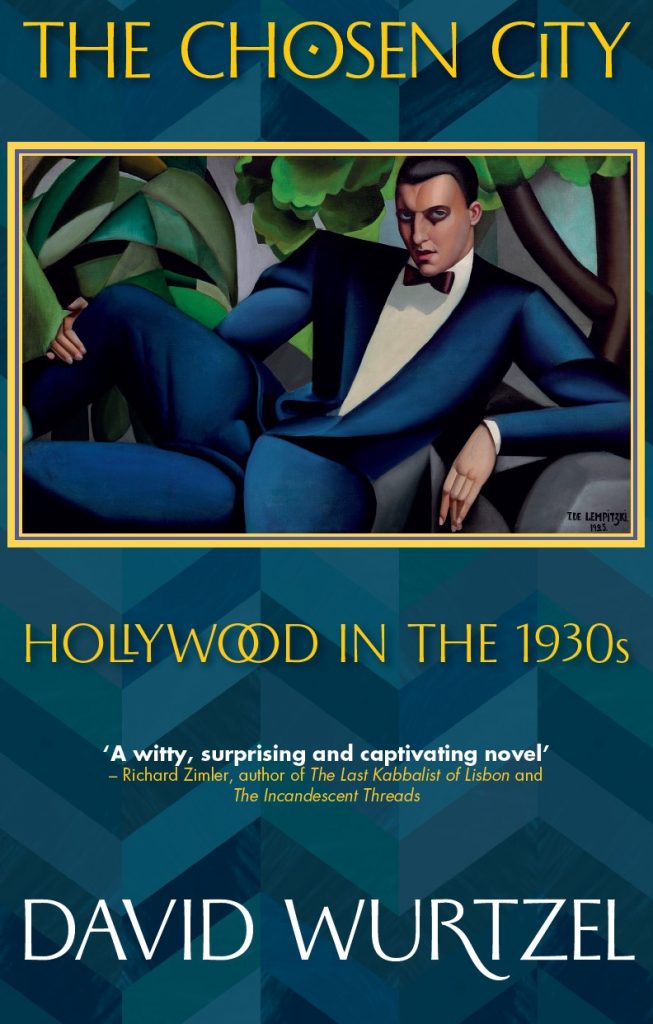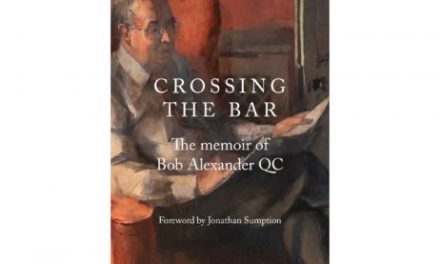Master David Wurtzel must be one of the most unlikely of Middle Temple Ordinary Benchers. Born in Hollywood and brought up in Los Angeles, David is a member of a family that worked in the motion picture business for nearly a century. It began when his great-uncle, Sol M Wurtzel, then only 27, was sent in 1917 by William Fox to be in charge of production at the studio he had just bought at Sunset Boulevard and Western Avenue. The 1930s and 1940s were Hollywood’s golden era of filmmaking. When Fox Films became 20th Century Fox, Sol became the producer of hundreds of still-heralded B-movies and played his part in launching the careers of cinema legends Shirley Temple, Spencer Tracy, Rita Hayworth, Claire Trevor, Ginger Rogers and Marilyn Monroe, amongst many others.

Whilst later generations of the Wurtzel family, including his father, were also to make their careers in the film and television industry, David’s adult life has been very far removed from Hollywood glitz and Bel Air mansions, as a barrister in practice at the English Bar. I first met him in our Bar Finals class at the College of Law in Chancery Lane; but only now have I had occasion to seek explanation for his still-pronounced mid-Atlantic accent.
Now enjoying (relative) retirement, Master Wurtzel has returned in his imagination to the Hollywood of the 1930s in his new novel: The Chosen City, Hollywood in the 1930s. His personal background has provided him with a wealth of experience and authentic detail upon which he has drawn, from family history and from his own childhood spent as a member of the Wurtzel clan, in and around 20th Century Fox studios.
The novel tracks the formative years of another but purely imaginary, member of a Jewish Hollywood family, Bobby Steingrove. Bobby’s father, Isaac, is the eldest of five brothers, but, unlike his younger siblings, who run their own studio, Steingrove Films, Isaac lives a quiet, carpet-slippered, bookish sort of life, a contrast which gives rise to, sometimes acute, familial tensions.
Bobby resists being sucked into the Steingrove family business. Instead, he sets his sights on Yale if he can dodge the ‘quota’ on Jewish students. Bobby does get accepted, but, as he later finds out, it is not entirely because, as his mother boasts, Yale was begging to take her smart son. It proves to be his first lesson in where loyalties lay in the family and what his Uncle Stanley, who owns the studio, expects of him.
Told in the first person, we experience how Bobby, now 3000 miles removed from his doting mother and the sibling tensions amongst the Steingrove brothers, is swiftly assimilated into the east coast social elites, adopting their style and appearance and discovering his sexuality. But one night, following what seemed like a triumphant time at his girlfriend’s 18th birthday party in her family’s Fifth Avenue mansion, something happens between them which changes everything and sets the scene for what takes place thereafter in the novel. We know immediately that it is only a matter of time before events will catch up with him, but not how or when.
It is not giving anything away that the title of the novel does not assume that circumstances will drive Bobby back to Hollywood and to employment in the Steingrove studio. But he does go back. Relegated to lowly jobs at first, his career is transformed when the studio’s most glamorous leading lady, Laura Hampshire, insists that they buy the rights to a sensational new novel about an outsider at an Ivy League college; a novel which was written by one of Bobby’s Yale friends and in which he immediately recognizes a version of himself. The star sees it though as a vehicle for her and for enhancing her career as a dramatic actress. Bobby seizes the opportunity both to satisfy Laura’s ambitions and his own determination to make the hero unrecognizable.
But how Bobby turns the situation around and averts catastrophe, snatching triumph (well, almost but not in all respects) from the jaws of a friend’s literary betrayal is the finale of this story.
Master Wurtzel’s novel largely comprises dialogue, which gives the story a really good pace and makes for a highly enjoyable and accessible read. As befits a veteran of the Bar, he is a perfectionist in his attention to detail and is highly persuasive in his wider evocation of the 1930s – depression, unemployment, antisemitism and trouble brewing in Europe. Unusually, perhaps, but by no means unwelcome, there is otherwise detectable nothing of the barrister in the plot or the writing.

Master Adrienne Page was elected a Bencher of Middle Temple in 2003 and is now Master of the Garden. She has a specialist practice in media and communications law at 5RB, where she is joint head of chambers.

